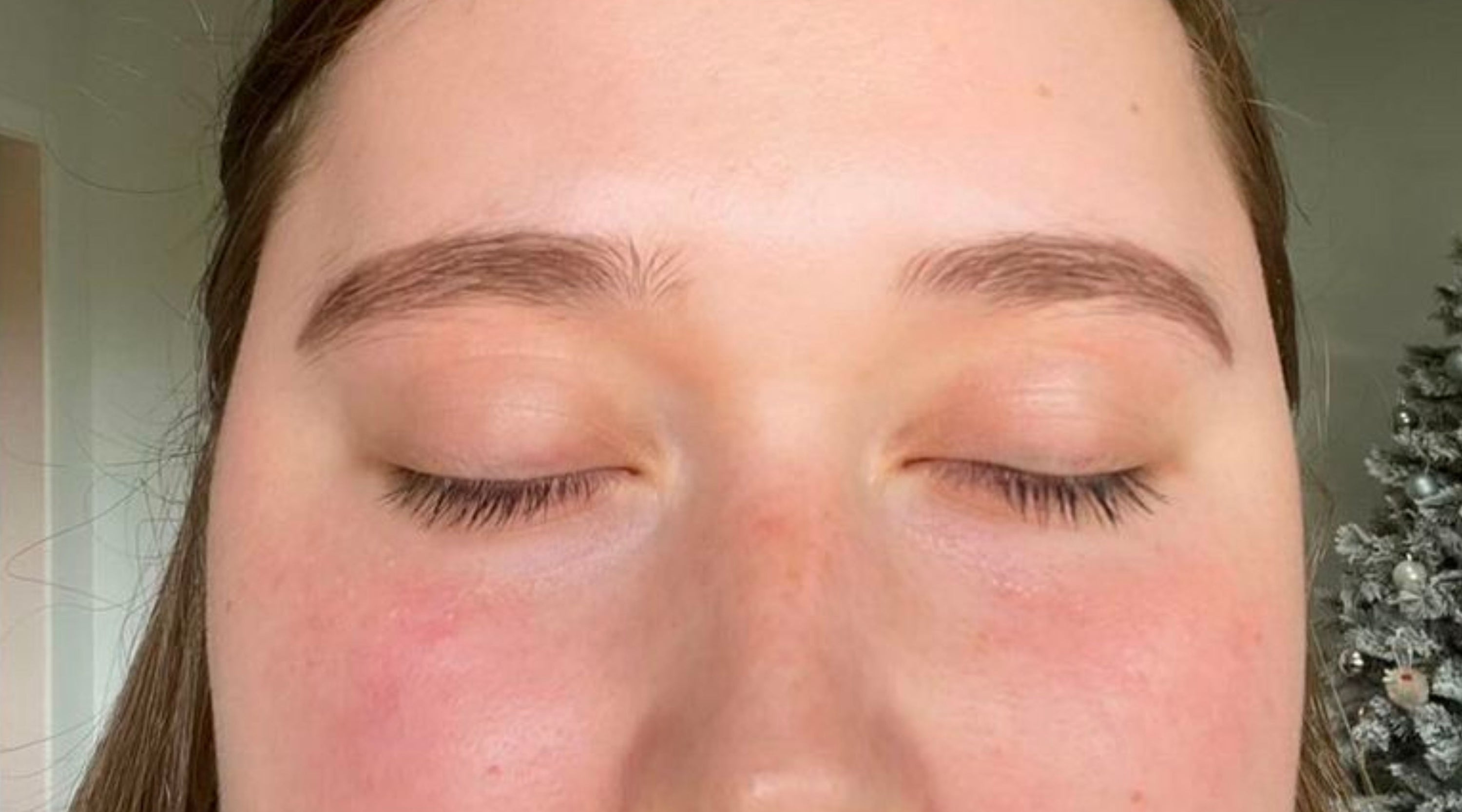How to combat the dreaded itch!
Eczema is a skin condition which affects millions of people worldwide, with over 31 million Americans struggling.
The condition may affect or develop anywhere on the body, but when it presents on the face, it can be especially troublesome.
Facial eczema can cause discomfort, embarrassment, and self-consciousness.
Therefore it is important to understand what it is, what causes it, and how to prevent and treat it.
What Is Face Eczema?
Facial eczema is a type of eczema (dermatitis) which develops on areas of the face, sometimes including the ears and neck as well.
It is characterised by red, itchy, and inflamed skin, which can be accompanied by dryness, flaking, and cracking (caused by extreme dryness). Eczema on the face can occur in different areas, including the forehead, cheeks, nose, and around the mouth.
It can affect people of all ages, and is often more common in children and infants.
Causes of Face Eczema
The exact cause of eczema in general is not fully understood, but it is believed to be a combination of genetic and environmental factors.
People who have a family history of eczema, asthma, or allergies are more likely to develop the condition. On the other hand, exposure to certain triggers can cause or worsen facial eczema, including:
Irritants: Exposure to certain irritants, such as harsh soaps, detergents, and cosmetics, can cause or exacerbate facial eczema.
Allergens: Exposure to allergens, such as pollen, dust mites, and pet dander, can trigger an allergic reaction that leads to facial eczema.
Stress: Stress can weaken the immune system and trigger a flare-up of facial eczema.
Weather: Changes in temperature (cold weather during Winter) as well as humidity can dry out the skin and cause facial eczema to flare up.
Food: Some foods, such as dairy, nuts, and wheat, can trigger facial eczema in some people (eggs are a common allergy in children).
Symptoms of Eczema
Facial eczema can cause a range of symptoms, including:
Redness: The affected skin may appear red and inflamed.
Itching: Skin may feel itchy or irritated.
Dryness: The affected skin may be dry and flaky.
Swelling: Skin may be swollen or puffy (due to inflammation).
Cracking: The skin may crack easier or become scaly (as a result of extreme dryness).
Oozing: Sometimes, oozing of the skin may occur.
If you experience any of these symptoms, we recommend to consult your GP immediately.
Preventing Face Eczema
Preventing facial eczema involves avoiding or minimising exposure to triggers that can cause or exacerbate the condition. Although it is sometimes unavoidable due to internal factors such as genetics or stress, here are some general tips which may assist.
Avoid irritants: Use gentle, fragrance-free soaps, detergents, and cosmetics to avoid irritating the skin.
Avoid allergens: If you are allergic to particular substances, such as pollen, dust mites, or pet dander, try to minimise exposure to them.
Manage stress: Practice stress-management techniques, such as yoga, meditation, or deep breathing, to reduce stress levels.
Protect your skin: Use a moisturiser regularly to keep your skin hydrated and protect it from dryness.
Be mindful of weather: In cold or dry weather, use a humidifier to keep the air moist, and ensure to moisturise regularly.
Identify food triggers: If you suspect that certain foods may trigger your facial eczema, keep a food diary and avoid those foods.
Treatment
If you suspect that you are experiencing eczema, we would recommend to contact your local GP to obtain a professional opinion.
There are a number of treatment options available to manage the symptoms of face eczema.
For face eczema, we recommend the Grahams Natural Face & Eyelid Eczema Cream.
Its natural formula helps to soothe skin, reduce inflammation, calm itch and assist overall symptoms.
In conclusion, eczema on the face in most cases can be managed and minimised.
If you're experiencing eczema on your face, we would recommend to consult your healthcare professional to obtain a plan on how to treat it.





